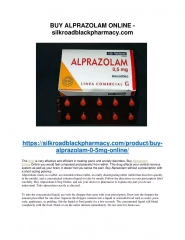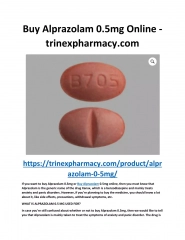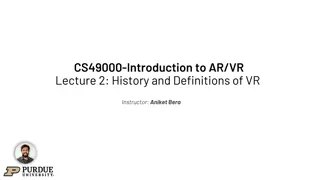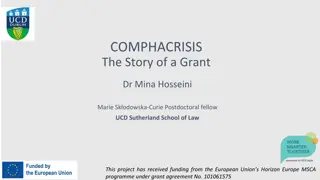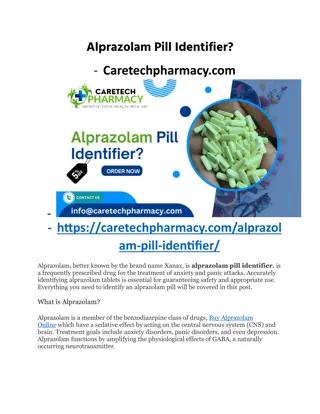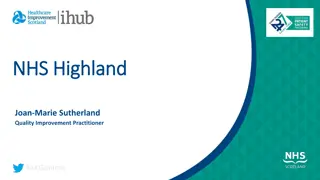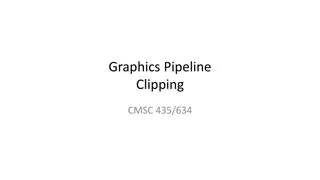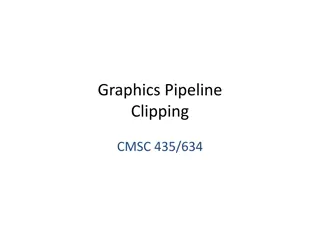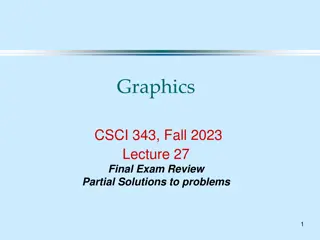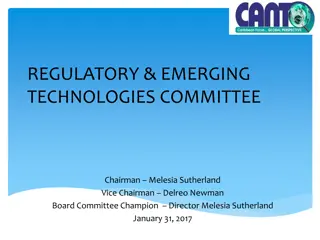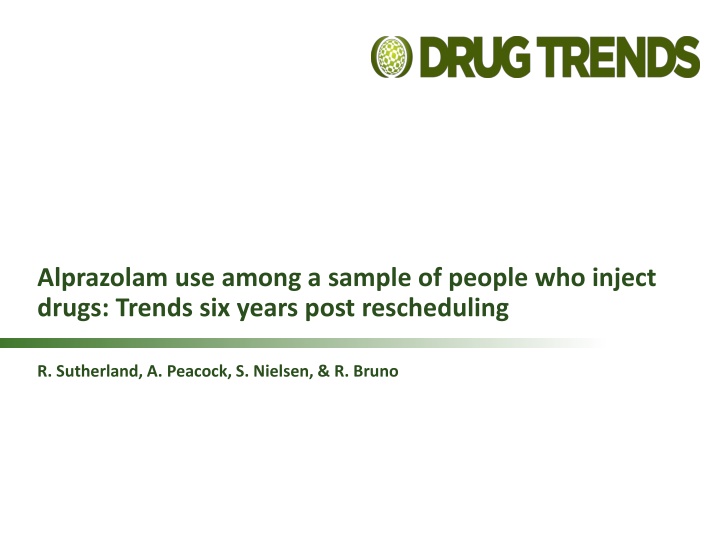
Impact of Alprazolam Rescheduling on People Who Inject Drugs
This study analyzes the impact of alprazolam rescheduling among individuals who inject drugs in Australia from 2011 to 2019, focusing on trends in alprazolam use, market characteristics, and use of other drugs post-rescheduling. Findings show changes in alprazolam use patterns, market availability, and use of other substances within this population. The study suggests a need for continued monitoring and evaluation of regulatory changes to address related public health concerns.
Download Presentation

Please find below an Image/Link to download the presentation.
The content on the website is provided AS IS for your information and personal use only. It may not be sold, licensed, or shared on other websites without obtaining consent from the author. If you encounter any issues during the download, it is possible that the publisher has removed the file from their server.
You are allowed to download the files provided on this website for personal or commercial use, subject to the condition that they are used lawfully. All files are the property of their respective owners.
The content on the website is provided AS IS for your information and personal use only. It may not be sold, licensed, or shared on other websites without obtaining consent from the author.
E N D
Presentation Transcript
Alprazolam use among a sample of people who inject drugs: Trends six years post rescheduling R. Sutherland, A. Peacock, S. Nielsen, & R. Bruno
Background: Alprazolam in Australia High potency triazolobenzodiazepine approved for the treatment of anxiety and panic disorders 1 February 2014: up scheduled from Schedule 4 to Schedule 8 Subsequent declines in: use, dispensing, poisonings, deaths Longer-term impact of regulatory change remains unknown
Aim: Aims Examine impact of alprazolam rescheduling among a sample of people who inject drugs (PWID), 2011-2019 (i.e. three years pre-rescheduling, six years post-rescheduling)
AIM Sentinel Sample Monitoring DATA SOURCES Illicit Drug Reporting System (IDRS) Annual interviews with people who inject drugs (IDRS) ~900 per/year OUTPUT
Trends in past six month alprazolam use, 2011-2019 100 Prescribed Non-prescribed 90 80 % IDRS participants 70 1 Feb 2014: up scheduled to S8 60 50 39 37 40 34 27*** 30 23 19* 17 17 15* 20 13 11 10 7 5* 5 5 5 10 4 0
Changes in market characteristics, 2014 Diverted alprazolam: Median price, 2mg: $5 (IQR: 3-10; n=114) vs $7 (IQR: 5-10; n=100) (p=0.008) Availability (n=130): 87% more difficult, 26% stable, 8% easier, 5% fluctuated
Trends in past six month use of other drugs, 2011-2019 100 1 Feb 2014: up scheduled to S8 90 79 74 80 * 65 70 % IDRS sample ** 59 * 60 62 55 50 39 40 34 ** *** * 30 24 * 32 20 18* 15 10 15 11 *** 0 2011 2012 2013 2014 2015 2016 2017 2018 2019 Cannabis Alcohol Heroin Seroquel^ Morphine^ Other benzos^ Oxycodone^ Note: 2014 interviews occurred after the rescheduling (i.e. from June-August). S8: Schedule 8. *p<0.05; **p<0.01; ***p<0.001; ^=non-prescribed use
Did the profile of people who use non- prescribed alprazolam change? Not really .. % 2018 2013 Stable accommodation Alprazolam use (prescribed) Seroquel use (non-prescribed) Other benzodiazepine use (prescribed) Other benzodiazepine use (non- prescribed) OST (past six months) Overdose (past year) Criminal activity (past month)
Implications Sustained reductions in use, no evidence of an increase in other drug use Increased price and difficulty in obtaining diverted alprazolam Almost 1/5 continued to report non-prescribed alprazolam use; regulatory changes need to be coupled with other interventions OST clients remain a target population for reducing extra medical use
Disclosure and acknowledgements AP untied educational grant from Seqirus and Mundipharma for study of opioid medications RS untied educational grant from Seqirus for study of opioid medications RB untied educational grant from Mundipharma and Indivior for study of opioid medications SN untied educational grants from Indivior and Sequirus for study of opioid medications No pharmaceutical grants were received for this study. These parties had no role in the study design, conduct and reporting. rachels@unsw.edu.au

